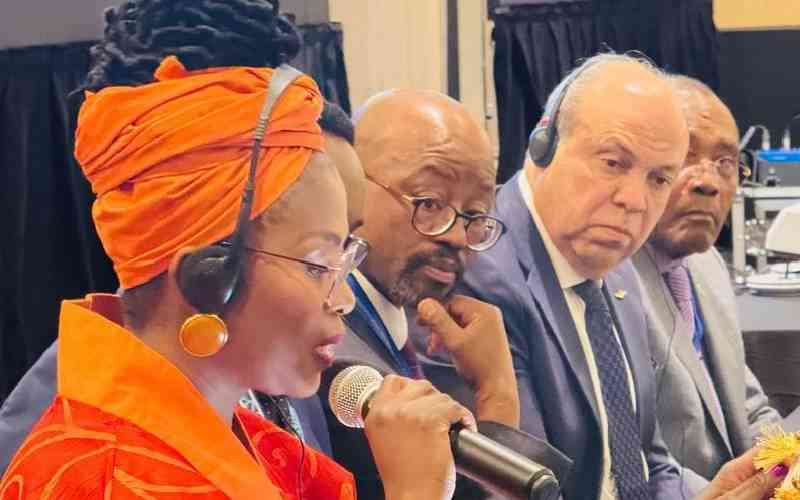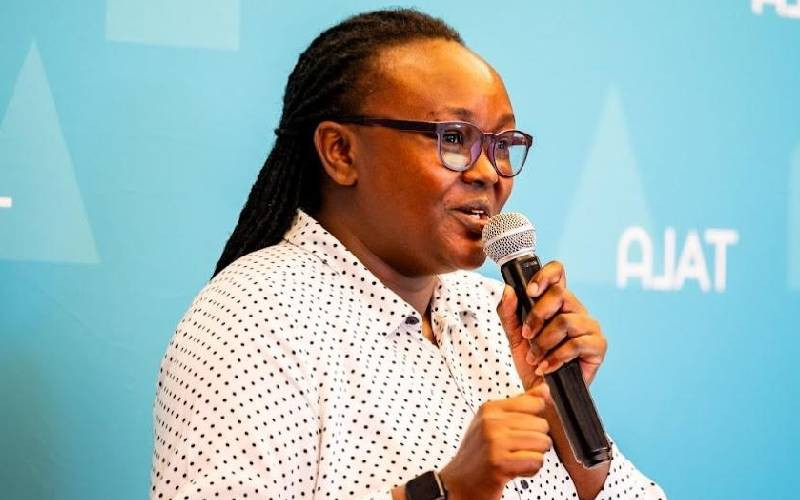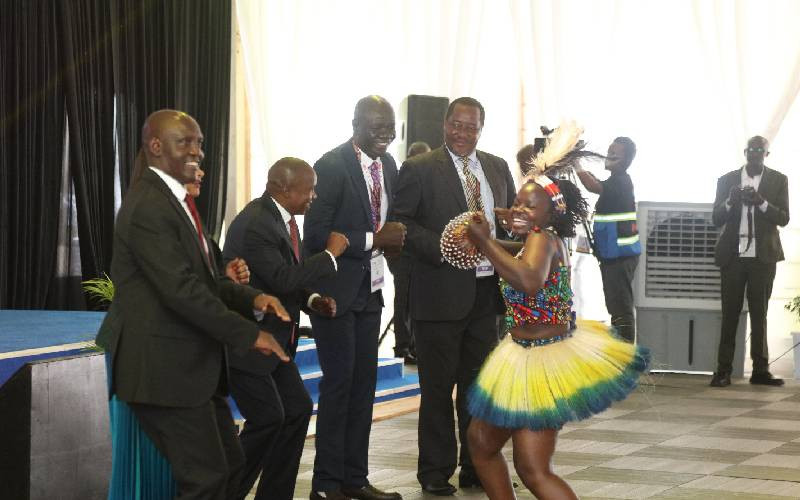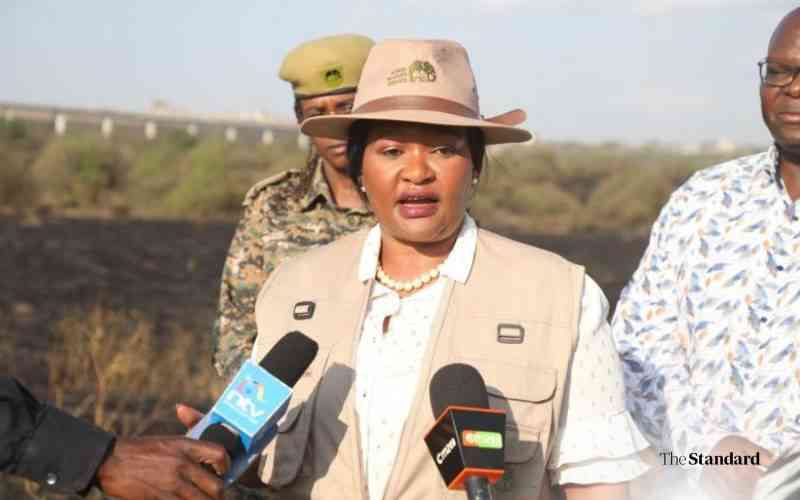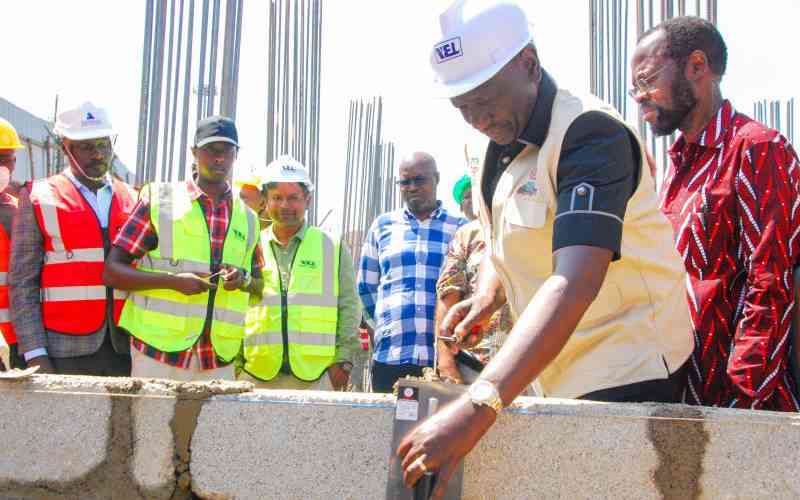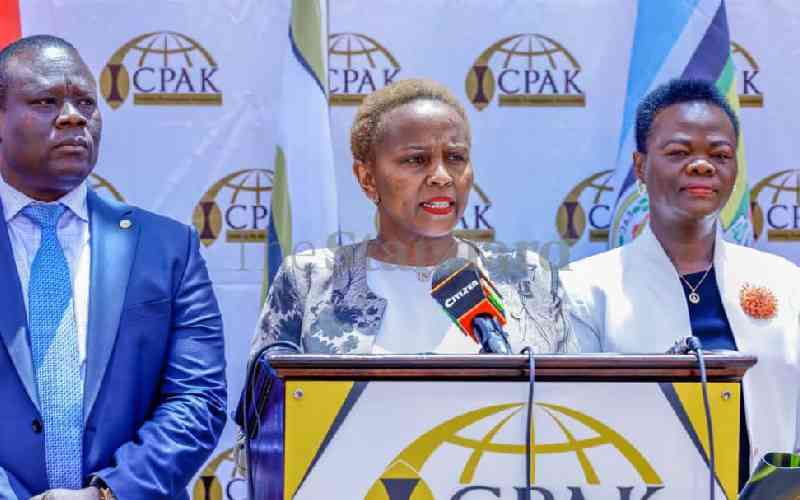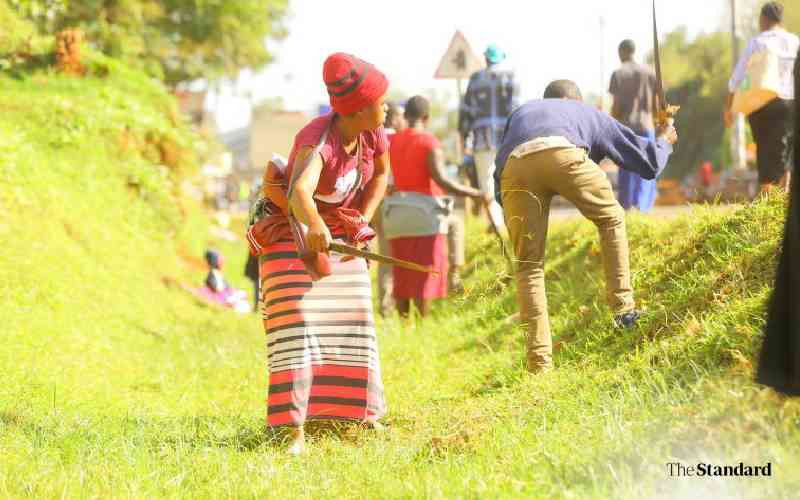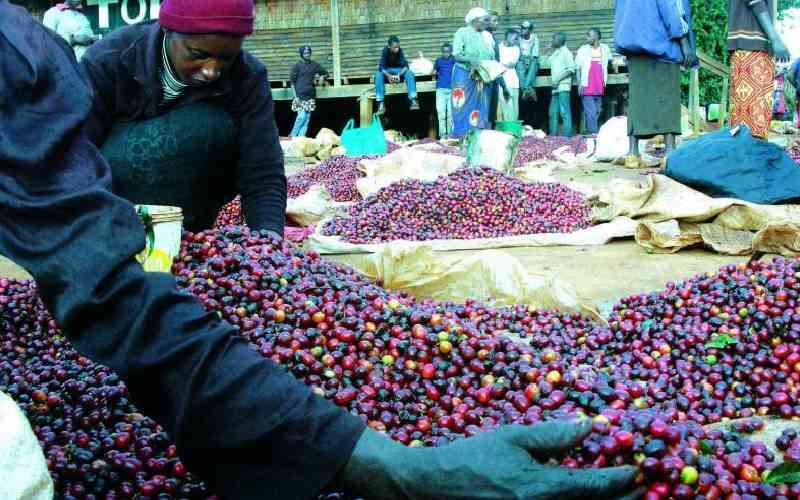
With the clock ticking towards the December 31 deadline, Kenyan authorities are scrambling to digitally map the country’s coffee farms in compliance with the new European Union Deforestation Regulations (EUDR) rules.
The high-stakes effort aims to demonstrate to the European Union that Kenya’s prized coffee beans exported to its member states are not grown on land designated as forests, a requirement that could determine whether Kenya’s coffee continues being exported to one of its most lucrative export markets or not.
Under the regulations, coffee grown on farms affected by deforestation after December 31, 2020, will be excluded from the lucrative EU market.
The exercise is being coordinated by the Agriculture Food Authority (AFA), county governments, Kenya Forest Services, and the Kenya Agricultural and Livestock Research Organisation, among other agencies.
AFA Director General Dr Bruno Linyiru said the EUDR requires all companies exporting agricultural products to the EU to prove they were not produced as a result of deforestation.
In a statement, AFA said that the EUDR would ensure that coffee traded and consumed within the EU, as well as globally, does not contribute to the degradation of forests.
“Kenya exports 95 per cent of its coffee, with approximately 55 per cent targeting the EU, mainly Belgium, Germany, Sweden, and Finland,” he said.
Over the past five years, Kenya exported 122,699 metric tonnes (MT) of clean coffee to the EU, valued at $695.7 million (Sh90.1 billion).
At least 80,211 coffee farmers have so far been cleared in Murang’a, Meru, Laikipia, Kericho, Nyeri, Embu, Nairobi, and Kajiado counties, meaning that they are eligible to export their coffee to the EU market.
By last week, Murang’a had enumerated 40,880 farmers, while Kericho listed 23,995, Meru 23,329, Nyeri 15,518, and Embu 16,388. Laikipia registered 447 farmers, with Nairobi and Kajiado recording just 10 and 27 farmers, respectively. In Laikipia, only 447 farmers have been registered. In Nyeri, there are 15,518 registered farmers, while Embu has 16,388. Nairobi and Kajiado have the fewest, with just 10 and 27 registered farmers, respectively.
Yesterday, Murang’a Governor Irungu Kang’ata said since more than 60 per cent of the coffee is sold in Europe, the farmers need to abide by the regulations set by the buyers.
Kang’ata said Murang’a has engaged 600 enumerators to ensure farmers reap the benefits from the market through geomapping.
